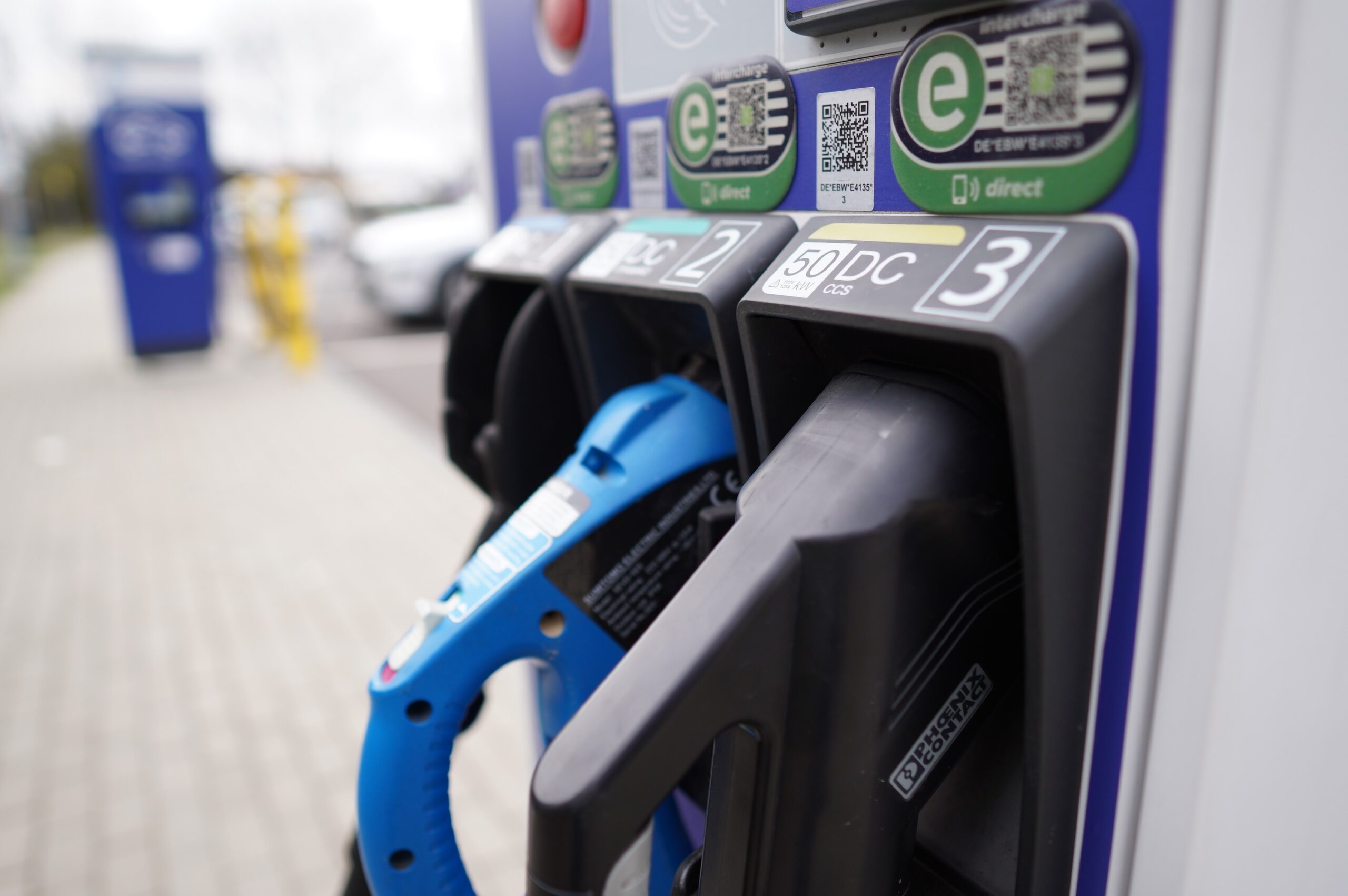If you work in the trucking industry, then it won’t have escaped your notice how much fuel prices have rocketed in the last few years. In an industry that relies on this fuel in order to run, this was already the largest expense for many, so as the prices continue to rise, it stands to reason that there will be a huge knock-on effect.
In this article, FleetEx takes a look at what has happened to fuel prices recently and what impact this has had on the HGV industry, as well as sharing a few useful tips on how truck drivers can reduce the cost of their fuel.
Fuel prices
Fuel prices in the UK have reached new highs recently, which can be incredibly frustrating when you consider that the cost of oil is actually dropping. Forecourt prices seem to be increasingly volatile, and you cannot be guaranteed the same prices from one day to the next.
Much of the blame is being put on global supply issues that have been created due to Russia’s war on Ukraine and the growing instability in the Middle East. Whilst there is pressure on retailers to pass any savings that they can onto the motorist, it seems that we might be in for a long wait before we see the price of petrol and diesel drop to levels that feel more affordable.
The best prices that we have seen came at the height of the COVID-19 lockdowns, when it was impossible for most people to travel. Since then, prices have been on the rise until a cut in fuel duty was announced by the Chancellor in March 2022 which took around 5 pence per litre off the cost of petrol and diesel.
This was due to last for a full 12 months but it was then extended for a further year. However, it seems unlikely that this will continue much further and so many HGV drivers and businesses are bracing themselves for some sharp increases throughout 2024 that could lead to prices having once again getting out of control.
The trucking industry
Whilst all motorists have felt the pinch in their pockets, no-one has been hit harder by the rise in fuel prices than the trucking and HGV industry. Having recently been faced with a dramatic shortage in drivers and added complications thanks to Brexit and COVID restrictions, this was one industry that did not need another challenge to contend with.
It has been estimated that the cost of running a truck actually rose by as much as 40% in the space of just one year, meaning that for many truckers and businesses, any profit that they managed to make was virtually wiped out.
In May 2022, 71% of haulage and logistics companies were reporting an escalation in their costs, and as many as 405 said that their costs had increased by at least 25%. The majority of this rise has been attributed to the increasing cost of fuel, which is hard for many businesses to keep pace with.
As it seems as though these extortionate costs are here to stay, at least for the foreseeable future, haulage companies have been forced to raise their prices and pass this on to their customers just so that they can survive. A sector that is so reliant on diesel in order to function does not have any other options open to it, and so some are seeing a decline in orders.
Fuel efficiencies
With fuel prices as high as they are at the moment, it is important that you drive as efficiently as possible in order to make the fuel you have go as far as possible. This might seem like an impossible task, but with a few tweaks, it is possible to adapt your driving style in order to become more fuel efficient and make savings.
This should also become a part of training for new drivers as well as refresher training for more experienced drivers, to ensure that everyone is driving in the most fuel efficient way that they can.
An HGV driver knows how carefully they need to watch the road in front of them, but this can work from a fuel efficiency perspective as well as a safety one. By keeping an eye on the road ahead, it is much easier to anticipate potential hazards.
With more time to react, there is less of a need to brake sharply. By making sure that your journey is made up of smooth braking and accelerating, you can reduce the amount of fuel that you use.
It is also important to pay attention to the way in which you change gear. Using a method known as block changing can help to reduce the amount of fuel that you burn through. This involves skipping gears if they match the speed that you are travelling instead of working your way through them sequentially. This gives the driver more time to react, saves fuel and reduces wear and tear on the vehicle.
You can also look to use engine braking to reduce your fuel consumption. By anticipating when you need to slow down and choosing the correct gear you can use the resistance of the engine to reduce your speed instead of the footbrake.
It is also important for fleet managers to look at ways in which they can save money too, and investing in bunded fuel tanks can effectively create your own private fuel station. This will then put you in a position to buy fuel in wholesale amounts, which can bring the costs down significantly.
Fuel costs can be massive, so it is important to keep a close eye on them and do all you can to keep them at a minimum. A vehicle that is in good working order and well maintained is likely to be more fuel efficient, so looking after the HGV that your drive as well as the way you drive it can help to stop costs spiralling out of control.


